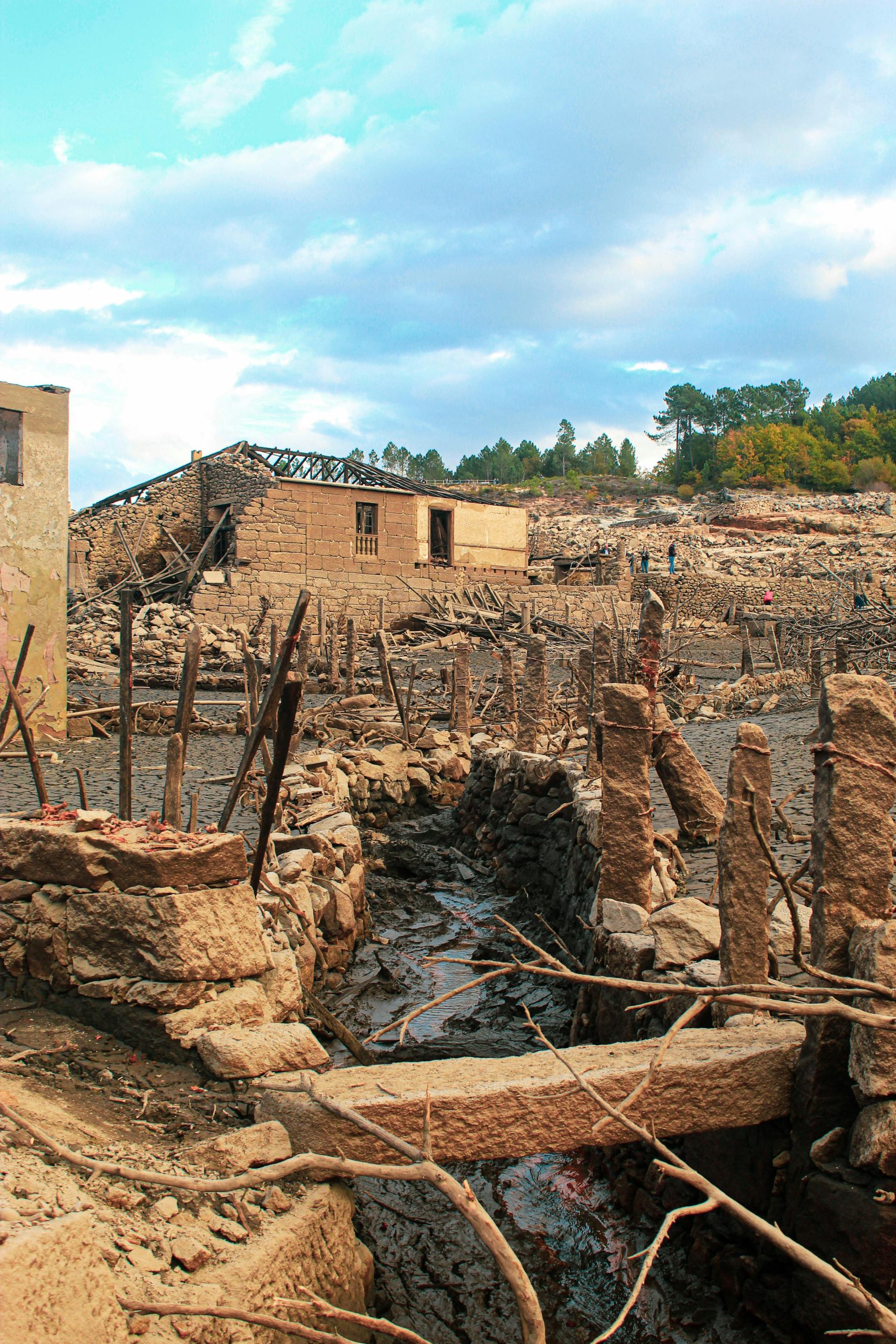The Unspoken Realities of Geopolitical Conflicts
In today’s complex world, deciphering the underlying motives behind international conflicts can often feel like navigating a labyrinth. A closer examination of recent events reveals that many aspects appear to be premeditated, suggesting a deeper agenda at play.
Take, for instance, the incident involving Iran’s nuclear facilities. Reports suggested that in anticipation of a potential attack from the United States, Iranian leadership had relocated key assets days prior. Coincidence? It raises eyebrows. U.S. intelligence capabilities enable satellite surveillance that could easily anticipate such movements.
Following this, Iran launched an attack on a U.S. base in Qatar, cautioning officials ahead of time to minimize casualties. Was this an arbitrary act of aggression, or could it be part of a larger strategy? It’s possible that both nations are playing a calculated game to bolster their respective narratives. Iran could be using this as an opportunity to fortify domestic support, portraying itself as a steadfast opponent to U.S. influence. Meanwhile, the United States is likely seeking to reinforce its role as a dominant global power, visibly responding to perceived threats and maintaining its staunch alignment with allies like Israel.
Amid these escalating tensions, the focus of the international community has shifted away from dire humanitarian crises, such as the ongoing situation in Gaza, to more dramatic concerns, like the threat of World War III. It’s a stark reminder of how attention can be redirected to serve the interests of those in power—while, tragically, the humanitarian plight continues. Reports indicate that aid intended for Gazans may be manipulated, further endangering civilians and exacerbating the already dire conditions.
As these geopolitical maneuvers unfold, it appears the wealth gap is widening, with those in power profiting while countless individuals suffer the consequences of conflict. The cycle of conflict and gain persists, leading one to ponder: who truly benefits from these wars, and at what cost to humanity?
The narrative seems bleak, but awareness and discourse are crucial. As we dissect these events, let us strive to uncover the truths and advocate for a more informed and compassionate world.



